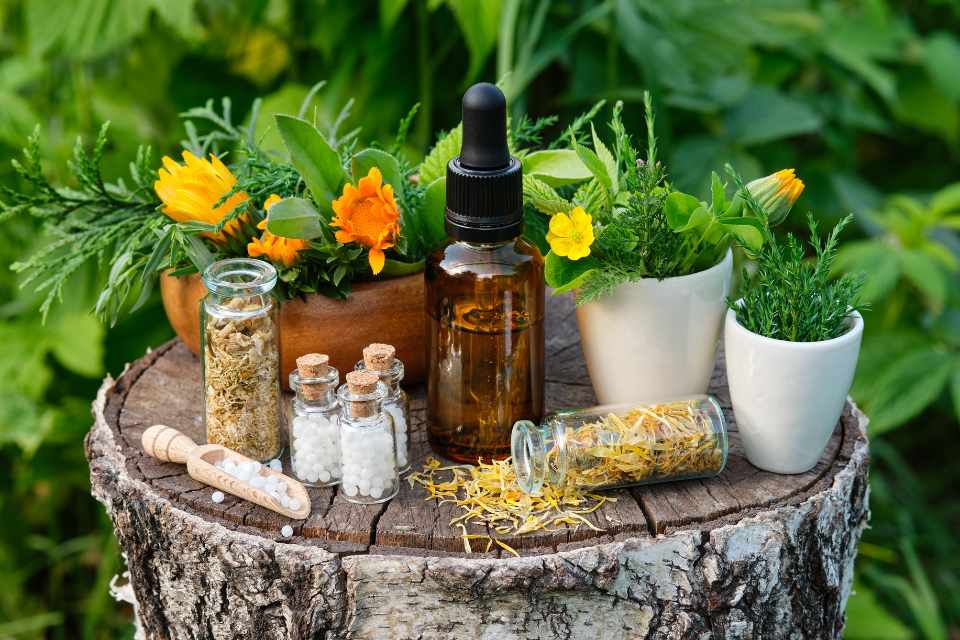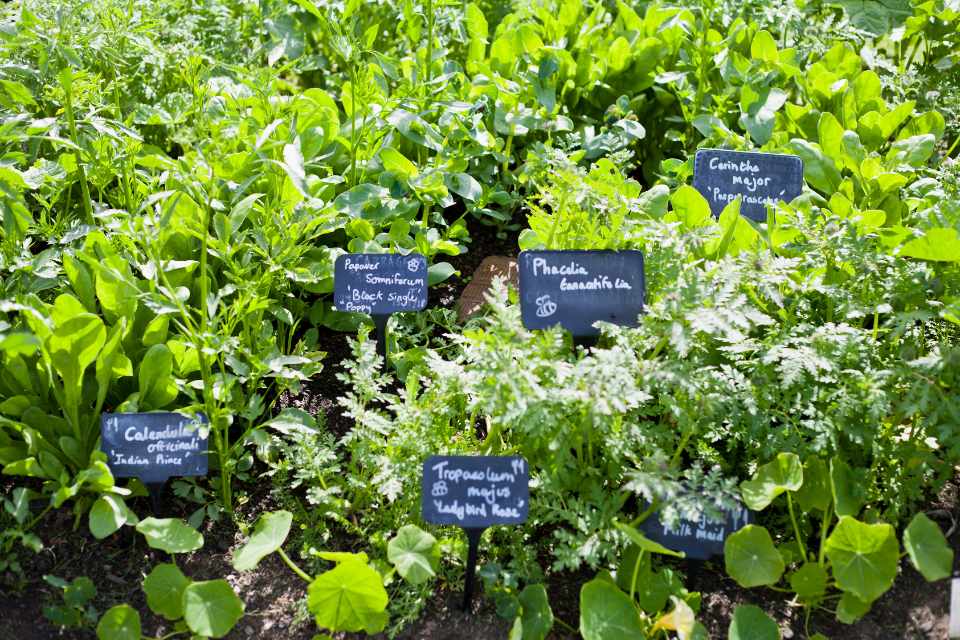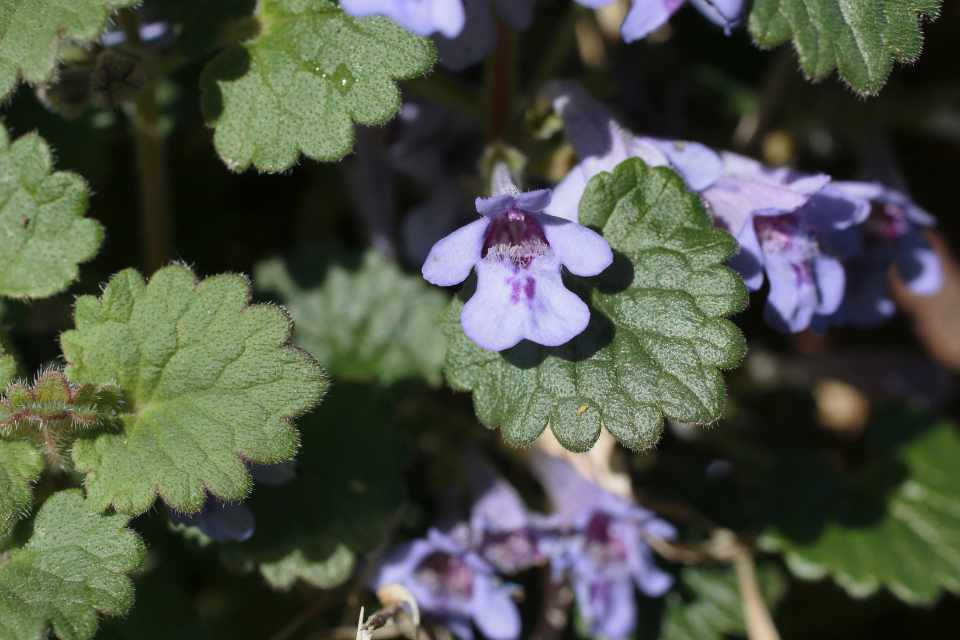Who can be a herbalist?
In the UK currently, there is no statutory regulation of herbalists. Anyone can call themselves a herbalist. In other words, some ‘herbalists’ have no qualifications, training or experience.
Mmmmm that doesn’t sound too good! How would you know if the therapist could help you?
For instance, it is all too easy to find therapists who are happy to recommend herbal remedies to clients without adequate training. They might select herbs with the notion that herb X is good for condition Y. But, this is not how a properly trained herbalist works.
How to find qualified and experienced herbalists
There are professional herbalist associations whose members have degree-level qualifications in herbal medicine or equivalent. Organisations such as the Institute of Medical Herbalists (NIMH) can help you contact herbalists in your local area.
What can a herbalist do for you?
The practice of herbal medicine is about finding the right herb or blend of herbs for that person. The choice of herbs will depend on information gathered during a consultation. Trained herbalists use a comprehensive health assessment and choose herbs, or extracts of herbs accordingly. Most importantly, a professional herbalist considers many factors before recommending any herbs or herbal supplements. Above all, if you are unsure about the therapist’s credentials you should ask.
Whilst a professional herbal practitioner will aim to address your symptoms she is also trained to seek the causes of the condition. Addressing underlying causes as well as symptoms, means it is less likely you will have a recurrence of the problem.
Questions for your herbalist
Where did they do their training?
A small number of universities offer a BSc degree-level course in herbal medicine.
How long was their training?
Accredited degree-level courses are typically three or more years.
Did they do any supervised clinical training?
This is a crucial part of the training to become a professional herbal practitioner. Under the supervision of a qualified herbalist, students take patient consultations to gain experience.
What qualifications did they receive?
Does your practitioner have a degree in herbal medicine or the equivalent? Some practitioners also have a postgraduate degree or similar qualification.
Are they a member of a professional organisation?
Members of professional associations such as NIMH have undergone rigorous training. As well as a thorough grounding in anatomy and physiology, they also learn clinical medicine, pathology, pharmacology, clinical examination skills, diagnostic skills, pharmacy and more. There is also a strict code of ethics and continuous professional development requirement.
How long has your chosen therapist been qualified or in practice?
Do they keep up with the current research?
Do they attend seminars or do ongoing training?
Have they specialised in helping resolve any particular conditions?
Have they any experience in helping people with your particular health concern?
For instance, members of professional organisations are highly qualified and have studied herbs and plant medicine extensively. So, you can be sure of their skill with medicinal plants and that the advice that they give is reliable.
The herbal consult
Initial consultations with patients often take around 90 minutes. A holistic approach to healthcare means that the practitioner must take a detailed medical history before making any recommendations. Clinical examination or laboratory tests may be necessary. Then the practitioner will usually recommend a combination of extracts of herbs in the form of a tincture. Or perhaps a mixture of dried herbs to be made into a herbal tea. Topical herbal products such as creams, lotions or gels are also popular. Usually, one or more follow-up appointments are necessary to track treatment progress.
For instance, members of professional herbalist organisations are highly qualified and have studied herbs and herbal medicine extensively. So, you can be sure that the advice that they give is reliable.
Find a local herbal practitioner
You can find a local, qualified, professional herbalist by following these links:
The National Institute of Medical Herbalists – find an MNIMH herbalist
The College of Practitioners of Phytotherapy – find an MCPP herbalist








0 Comments